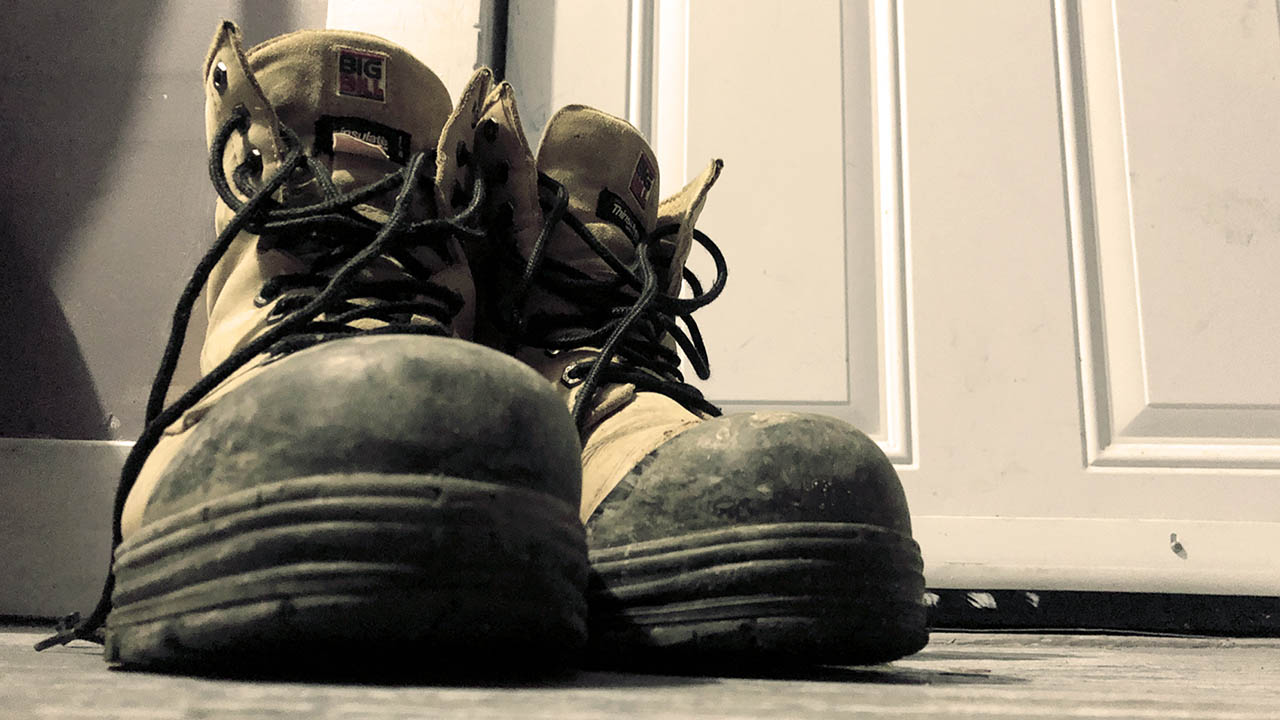Ontario Works doesn't work for people too poor to work
 CREDIT: GERARD CRECES
CREDIT: GERARD CRECESWe've all heard the old boomer classics, "Welfare bums," and "Why don't they just get a job?" Truth is, it's a lot more complicated than that.
Is there really such a thing as being too poor to work?
We’ve all heard the old boomer classics, “Welfare bums,” and “Why don’t they just get a job?”
Truth is, it’s a lot more complicated than that.
Ontario Works, more commonly known as ‘welfare,’ maxes out at $733 for a single person, the category most students fit into.
Rents, on the other hand, have skyrocketed — especially in London — to the point where a single-bedroom apartment averages $1,797, according to rentals.ca.
It doesn’t take advanced calculus to see how much disparity there is between what should be a basic needs allowance and how much basic needs actually cost.
But how does this factor into being “too poor to work?” Easy.
Say you have a job interview. You have all the necessary skills for the position, you have the right experience for it, but you are on social assistance and finances are tight.
What are the things you need?
- 1. A professional outfit for the interview
- 2. Transportation to the interview
- 3. Transportation to work
- 4. Lunch for work
- 5. Clothes for the job itself
- 6. Other requirements, such as work boots or tools
You can be the most qualified person on earth, but if you don’t look the part in the interview, your chances of landing a job are far, far lower. It’s drilled into our heads from very early on that first impressions are everything — especially in an interview setting.
For someone with nothing, or next to nothing, the ability to make a professional impression is not impossible of course, but it is infinitely more difficult.
“So why don’t they just get a job?” I think that’s obvious. Someone on social assistance simply can’t afford to.
Worse, if they make too much, there is always a chance the government will claw back some of their benefits, which could amount to making negative money once they are forced to repay.
Similarly, someone living in affordable housing could be forced to give up their lodgings if they suddenly land a high-paying job, despite the extremely high costs of entering the workforce. There is little sympathy from the government.
Social assistance is a wonderful tool to keep people's basic needs met. However, it also keeps people poor, which keeps them from being able to compete, which keeps them from finding work.
That is over-simplifying things, to be sure, but it’s true.
Acknowledging this will not land anybody a job, or change anyone’s life instantly, but it will hopefully start to change the conversation from, “They just don’t want to work,” to “Why can’t they afford to work?”
Editorial opinions or comments expressed in this online edition of Interrobang newspaper reflect the views of the writer and are not those of the Interrobang or the Fanshawe Student Union. The Interrobang is published weekly by the Fanshawe Student Union at 1001 Fanshawe College Blvd., P.O. Box 7005, London, Ontario, N5Y 5R6 and distributed through the Fanshawe College community. Letters to the editor are welcome. All letters are subject to editing and should be emailed. All letters must be accompanied by contact information. Letters can also be submitted online by clicking here.

















